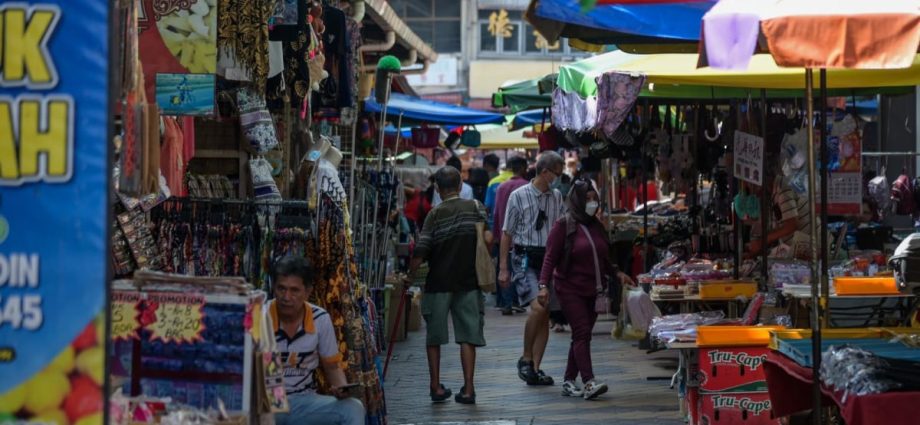
RACIAL POLITICS WILL POLARISE COUNTRY: ANALYSTS
In the lead up to the state polls, the Malaysia government announced that it will set up a “special unit” to deal with issues concerning race, religion and royalty – also known as 3R – issues that are played up ahead of the upcoming six state polls.
Communications and Digital Minister Fahmi Fadzil reportedly said that the special unit is focused on incidents which could cause disunity and social unrest.
“We have freedom of expression but we have no freedom to slander or pit the rakyat (citizens) against one another by resorting to 3R issues,” he reportedly said.
The government is also mulling a new law to impose civil penalties on those who play up 3R.
The new law which may be called the State and Nation Act is like the Maintenance of Racial Harmony Act in Singapore but in the Malaysian context.
Currently, the Sedition Act is primarily used to investigate any purported offences involving these 3R issues.
Recently, caretaker Kedah chief minister Muhammad Sanusi Md Nor was charged with two counts of sedition for allegedly insulting Selangor ruler Sultan Sharafuddin Idris Shah.
A study by the Centre of Independent Journalism (CIJ) found that 15 per cent of 18,721 social media posts that they monitored from July 24-30 as part of a “Say No to Hate Speech” campaign in conjunction with the state elections indicated that racist, xenophobic, homophobic, transphobic comments and gender stereotypes continue to be normalised with no obvious counter-messaging from political leaders or the public.
The overall narratives of the posts centred on race, religion, gender, and targeting lesbian, Gay, Bisexual, Transgender and Queer (LGBTQ+), with 85 per cent of the posts consisting of general comments and non-offensive disagreements.
In this period of monitoring, Dr Mahathir emerged as one of the key proponents of inflammatory statements related to race, CIJ found.
CIJ also found the re-emergence of the ‘kafir harbi’ (infidel) narratives, some of which have been propagated by youths urging Muslims to vote with the warning that non-Muslims who are against Islam might take over the government.
Amid the intensifying hate speech, political observers CNA spoke to outlined that these initiatives by the government are important as racial and religious rhetoric could widen ethnic divisions across the country and result in unrest.
Nusantara Academy for Strategic Research senior fellow Dr Azmi Hassan said that the racial and religious polemics have been in the open for quite a while in the country and these sentiments are amplified during election campaigns.
“We saw this during the 15th general election and PAS has been using these issues to their advantage. In the rural Malay heartland, it has been very effective for them with people seeing the party as a pillar to protect Malay rights,” he said.
PAS – a key component in PN – won the most number of seats in the last General Elections, winning 49 of the 222 parliamentary seats.
Dr Azmi said that the misuse of these issues would ultimately be detrimental to society.
“During my school days, I didn’t see (my schoolmates as) Chinese or Indians but only friends. These days it is different and very polarised because of politicians who use this for their political gain,” he said.

